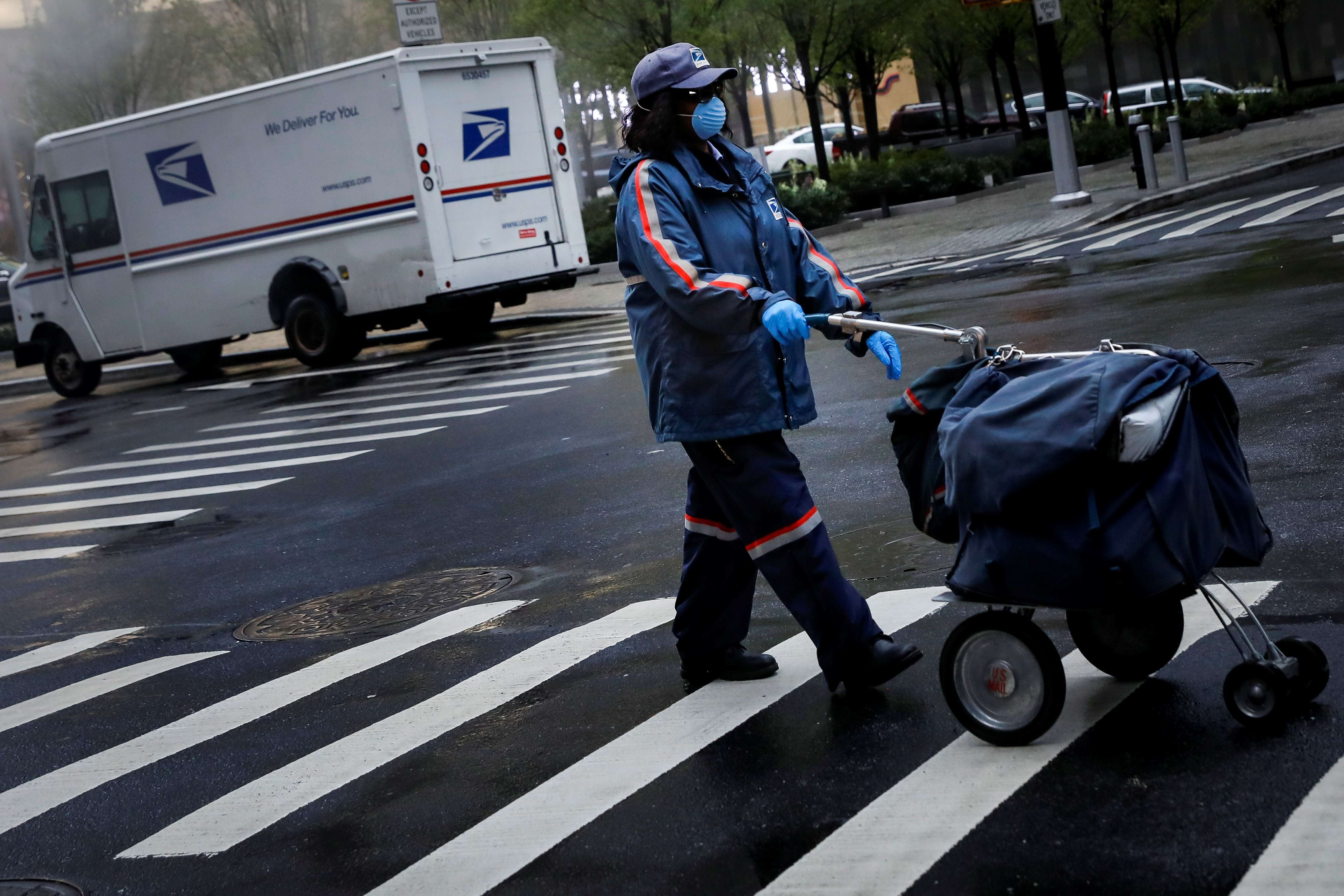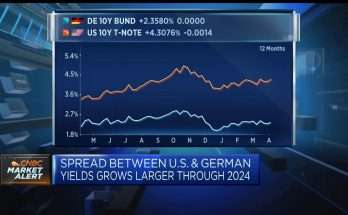
LONDON — The next six months will remain turbulent as the global economy keeps grappling with the effects of the coronavirus pandemic, Eric Rosengren, president of the Federal Reserve Bank of Boston, told CNBC.
Pfizer and BioNTech said on Monday that their Covid-19 vaccine was more than 90% effective in preventing the infectious disease. Their announcement surprised the health and investment communities given the higher-than-expected efficacy rate and fostered optimism that the pandemic could be overcome sooner rather than later.
However, Rosengren believes it will take time to distribute the vaccine.
“While it’s very good news about the vaccine, and the effectiveness of the vaccine looks to be much higher than people anticipated, it’s still going to be quite difficult to distribute it widely and there’s still an open question of how many people will voluntarily get vaccinated,” Rosengren told CNBC’s Joumanna Bercetche during the UBS European Conference.
“So while it’s certainly good news, and my own forecast for the second half of the year (2021) would assume that it would be widely enough distributed at that point, that we should have very robust growth, given the fiscal and monetary policy we have right now; I think the next six months are going to continue to be pretty choppy,” he added.
The Federal Reserve estimated in September that the United States economy would contract between 3 to 4% this year, followed by a rebound between 3.6 and 4.7% in 2021.
However, the economic performance will be linked to how much monetary and fiscal stimulus is deployed and there are question marks as to how much economic help U.S. lawmakers will come up with and when it could be agreed.
“In the United States, it’s less clear what the fiscal policy is going to be,” Rosengren said.
One of the difficulties is the latest U.S. presidential election: ballots are still being counted and despite the projected win for Joe Biden, President Trump has not yet recognized the result. Any new stimulus would have to be approved by the U.S. Congress.
“I would hope that we would still get a fiscal package, it’s probably not going to come as soon as we were hoping and that does mean that we’re not going to get as robust a growth over the next couple of quarters as we were hoping,” Rosengren said.
He also warned that without fiscal help and without a quick distribution of vaccine, there could be more corporate closures and unemployment.
“How much fiscal policy we need, in part depends on how quickly we get the vaccine widely distributed,” he said.


